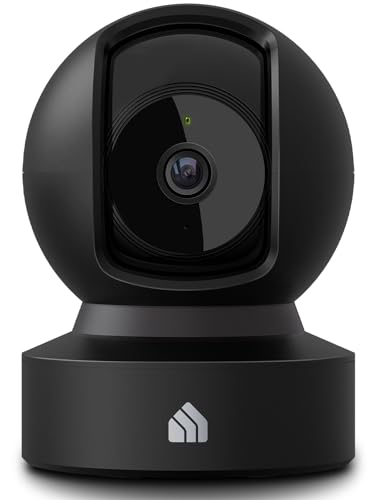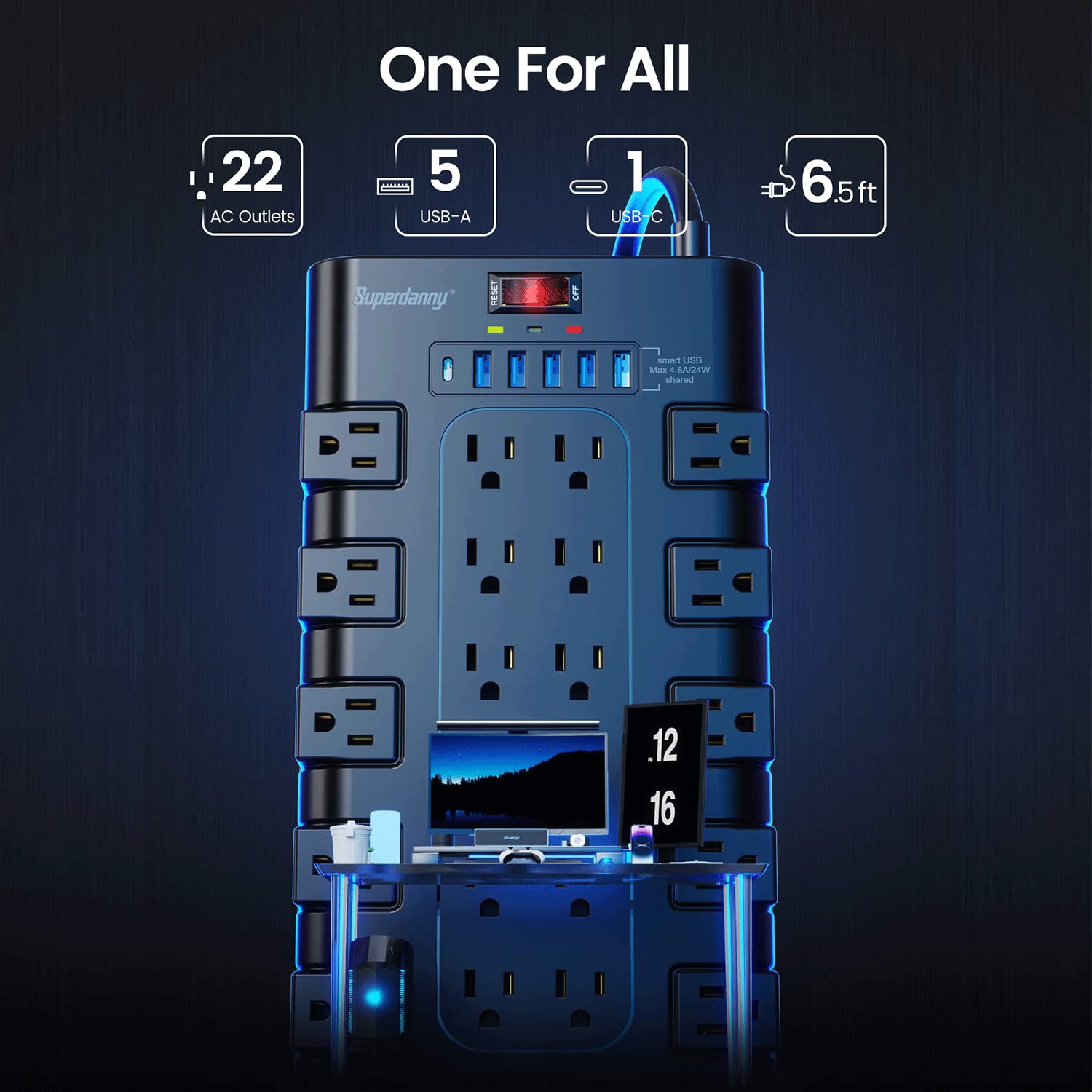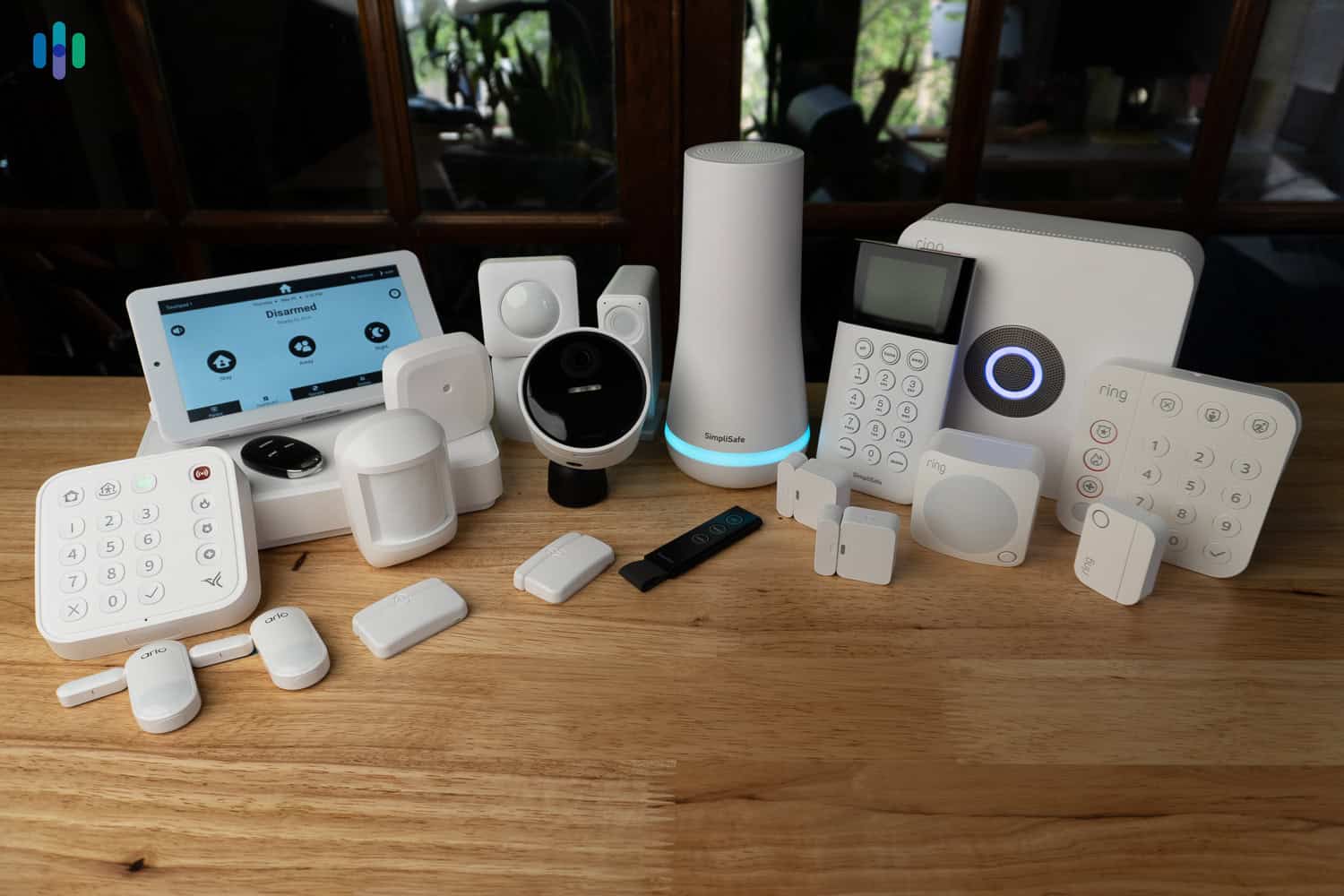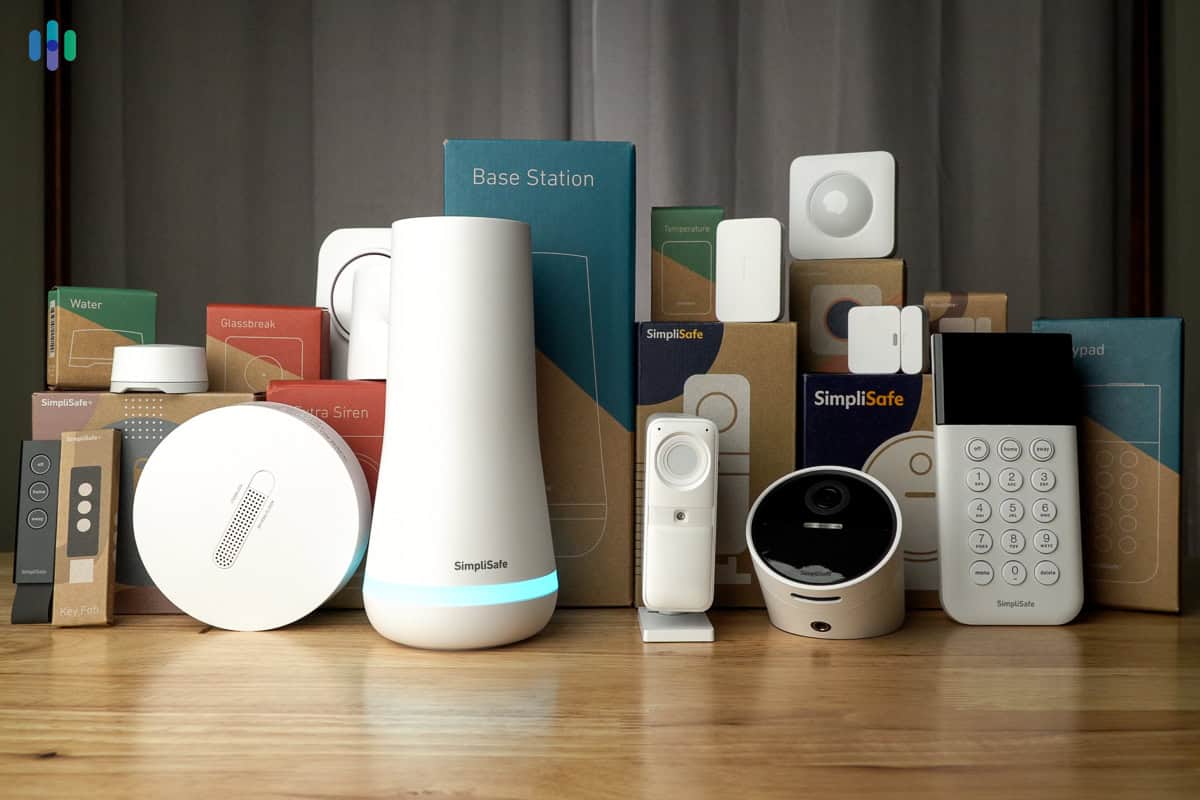Are you curious about the difference between smart meters and smart energy monitors? Both tools help you keep track of your energy use, but they work in very different ways.
Knowing how each one functions can save you money and make your home more efficient. You’ll discover exactly what sets these devices apart and which one might be the best fit for your needs. Keep reading to unlock the secrets to smarter energy management! Smart Meters Differ from Smart Energy Monitors
Smart Meters Basics
Smart meters and smart energy monitors both help track energy use. They provide information to manage electricity better. Though they seem similar, they work differently. Smart Meters Differ from Smart Energy
This guide explains how smart meters differ from smart energy monitors. It focuses on their function, data collection, and communication methods.
Function And Purpose
Smart meters measure electricity use directly from your home. They send data to the energy company. This helps with accurate billing and energy planning.
Smart energy monitors show you real-time energy use inside your home. They help you see which devices use the most power. This helps you save energy and reduce bills.
Data Collection Methods
Smart meters collect data automatically from the electric meter. They record energy use in small time intervals. This data is stored and sent to the utility company.
Smart energy monitors use sensors to measure power use from devices or circuits. They collect data locally and display it on screens or apps for users. They do not send data to energy companies.
- Smart meters record total home energy use
- Smart monitors track specific devices or circuits
- Smart meters store data remotely
- Smart monitors keep data for user display only
Communication Technologies
Smart meters send data using wireless or wired networks. Common ways are cellular, radio frequency, or power line communication. This allows energy companies to get real-time data.
Smart energy monitors usually connect to smartphones or tablets. They use Wi-Fi, Bluetooth, or wired links. These connections help users see energy data instantly.
- Smart meters use long-range networks for utility communication Smart Meters Differ from Smart Energy
- Smart monitors connect locally to user devices
- Smart meters focus on data delivery to energy providers
- Smart monitors focus on user access and control
Smart Energy Monitors Explained
Smart energy monitors help you see how much electricity your home uses. They give details about your power use in real time.
Smart meters measure energy for billing and send data to your energy company. Smart energy monitors focus on showing you detailed information.
Core Features
Smart energy monitors track electricity use by device or area. They show patterns and help you save energy.
They connect to your home Wi-Fi and send data to an app or screen. This helps you check energy use anytime.
Real-time Energy Tracking
Smart energy monitors give instant updates on power use. You can see how turning devices on or off changes your energy use.
This real-time data helps you understand which appliances use the most energy and when.
- Measures energy every few seconds
- Shows live power consumption
- Helps find energy waste quickly
User Interface And Accessibility
Smart energy monitors have easy-to-use apps or screens. The design helps you read energy data clearly.
Many monitors offer graphs and alerts. These features make it simple to track your energy use and set goals.
Comparison Of Data Accuracy
Smart meters and smart energy monitors both measure electricity use. They give data to help manage energy. Their data accuracy differs in many ways.
Understanding their differences helps you choose the right device for your needs. Let’s look at measurement precision, data granularity, and update frequency.
Measurement Precision
Smart meters use utility-grade sensors. They measure electricity with high precision. These meters meet strict standards set by energy companies.
Smart energy monitors use clamps or sensors on your home wiring. They are less precise than smart meters. Their accuracy can vary by brand and model.
- Smart meters: High precision, utility-approved
- Smart energy monitors: Moderate precision, consumer-grade
Data Granularity
Smart meters collect data in small time intervals. This gives detailed energy use patterns. Utilities often collect data every 15 minutes or less.
Smart energy monitors show data in real time or near real time. They focus on whole-home energy use or specific devices. Their data is less detailed than smart meters. Smart Meters Differ from Smart Energy
- Smart meters: Detailed data in short time intervals
- Smart energy monitors: Real-time data, less detailed
Update Frequency
Smart meters usually update data to utilities every 15 minutes. Some models update even more often. This helps with billing and grid management.
Smart energy monitors update data instantly or every few seconds. This helps users see current energy use. These frequent updates use more battery or power.
- Smart meters: Updates every 15 minutes or less
- Smart energy monitors: Updates every few seconds
Installation And Setup Differences
Smart meters and smart energy monitors help track energy use. They differ in how you install and set them up. Understanding these differences helps you choose the right device. Smart Meters Differ from Smart Energy
This section explains the differences in installation and setup between smart meters and smart energy monitors.
Professional Vs Diy Installation
Smart meters usually need a professional to install. This is because they connect directly to your home’s electricity supply.
Smart energy monitors can often be installed by yourself. They usually clip onto your existing meter or fuse box without special tools.
- Smart meters require certified electricians for safety.
- Smart energy monitors are designed for easy DIY setup.
- Professional installation can take longer but ensures accuracy.
- DIY installation saves time and costs less.
Integration With Home Systems
Smart meters connect with the utility company’s system. They send data automatically through wireless networks.
Smart energy monitors connect with your home devices. You can link them to apps, smart plugs, or home assistants for real-time control.
- Smart meters provide data mainly to energy providers.
- Smart energy monitors give detailed info for your home use.
- Energy monitors often work with smart home apps.
- Smart meters have limited home system integration.
Impact On Energy Management
Smart meters and smart energy monitors both help manage energy use. They collect data but work in different ways.
Understanding their differences helps people control energy better and save money. Smart Meters Differ from Smart Energy
Consumer Control And Awareness
Smart meters send energy use data to your energy supplier. This helps with accurate billing.
Smart energy monitors show real-time energy use at home. This lets you see which devices use the most power.
- Smart meters give less detailed feedback to consumers.
- Smart energy monitors provide instant, detailed energy info.
- Monitors help users spot energy waste quickly.
Energy Saving Potential
Smart meters mainly help by giving accurate bills. They do not show detailed use by device.
Smart energy monitors help you save energy by showing what to turn off or reduce.
- Monitors make saving energy easier with clear feedback.
- Smart meters support better energy planning over time.
- Combining both tools gives the best energy management results.
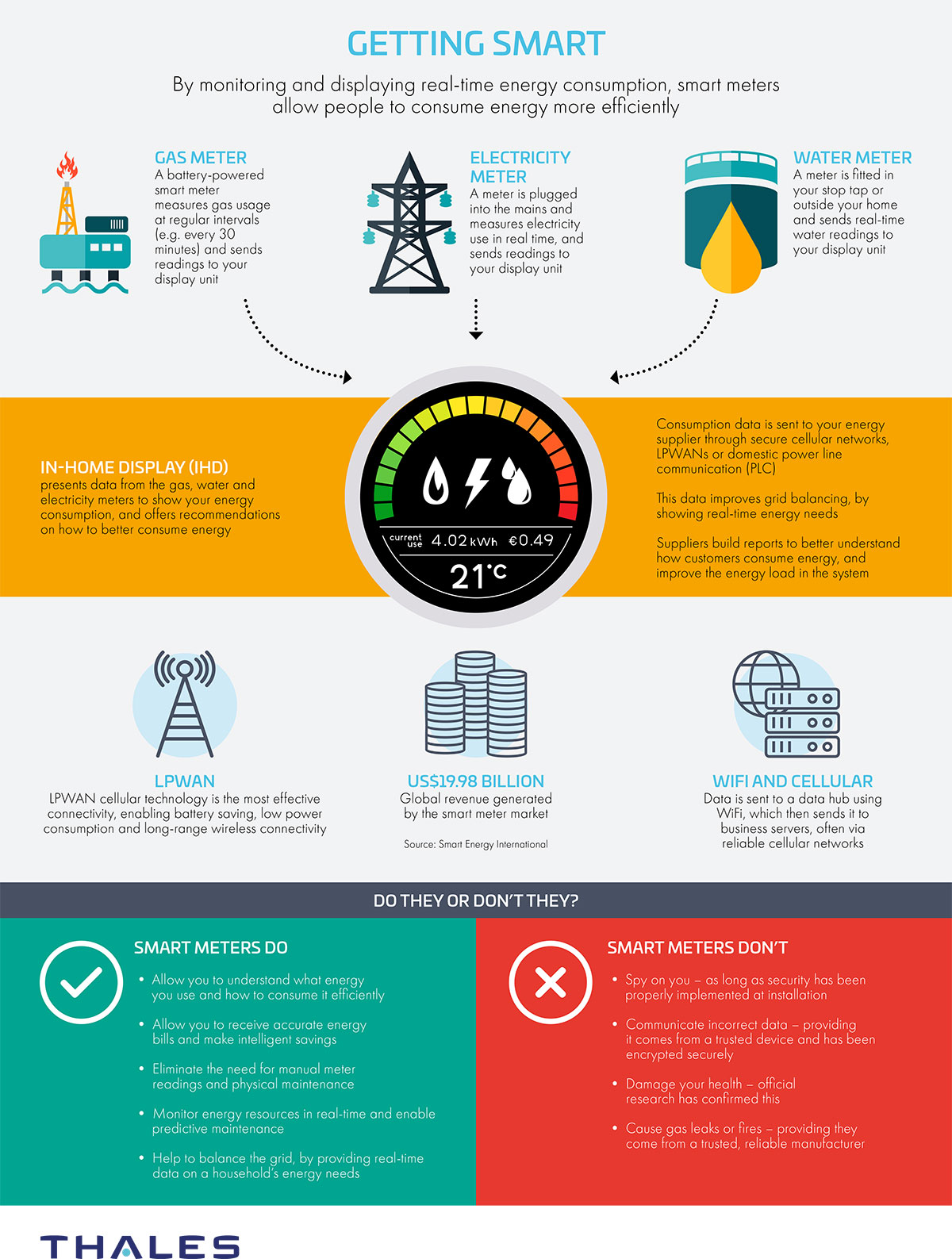
Credit: www.thalesgroup.com
Privacy And Security Concerns
Smart meters and smart energy monitors both track energy use. They collect data differently and have different privacy risks. Understanding these risks helps users protect their information. Smart Meters Differ from Smart Energy
Smart meters send detailed usage data to utility companies automatically. Smart energy monitors usually show data only to the user and keep it local.
Data Protection Measures
Smart meters encrypt data before sending it to the utility. This helps stop hackers from stealing information. Utilities follow strict rules to keep data safe.
Smart energy monitors often store data on the device or user’s phone. This means less data leaves the home, reducing risks. Users can control how much data is shared.
- Smart meters use encryption for data transmission
- Utilities monitor for unusual activity
- Energy monitors keep data local
- Users can limit data sharing
User Consent And Access
Smart meters usually send data automatically to utility companies. Users must agree to this when they install the meter. Some utilities allow users to see or control their data access.
Smart energy monitors give users full control over their data. Users decide who can see their energy use. This control helps protect privacy and limits data exposure.
- Smart meters require user consent for data collection
- Utilities may grant user access to collected data
- Energy monitors let users control data sharing
- User access is usually local with energy monitors
Cost And Accessibility
Smart meters and smart energy monitors help track energy use. They differ in how much they cost and how easy they are to get.
Knowing these differences helps you pick the right tool for your needs and budget. Smart Meters Differ from Smart Energy
Initial Investment
Smart meters usually cost less upfront because utilities install them. They replace old meters at no cost to the user.
Smart energy monitors require you to buy the device yourself. Prices vary based on features and brand.
- Smart meters: No direct purchase cost for users
- Smart energy monitors: Prices range from $50 to $200
- Smart energy monitors need extra sensors for full home coverage
Maintenance And Upgrades
Smart meters are maintained by utility companies. They handle repairs and updates automatically. Smart Meters Differ from Smart Energy
Smart energy monitors need user attention for maintenance. You may need to update software or replace batteries.
- Smart meters: Utility manages maintenance and software updates
- Smart energy monitors: Users update software and replace parts
- Smart energy monitors may need new models to improve features
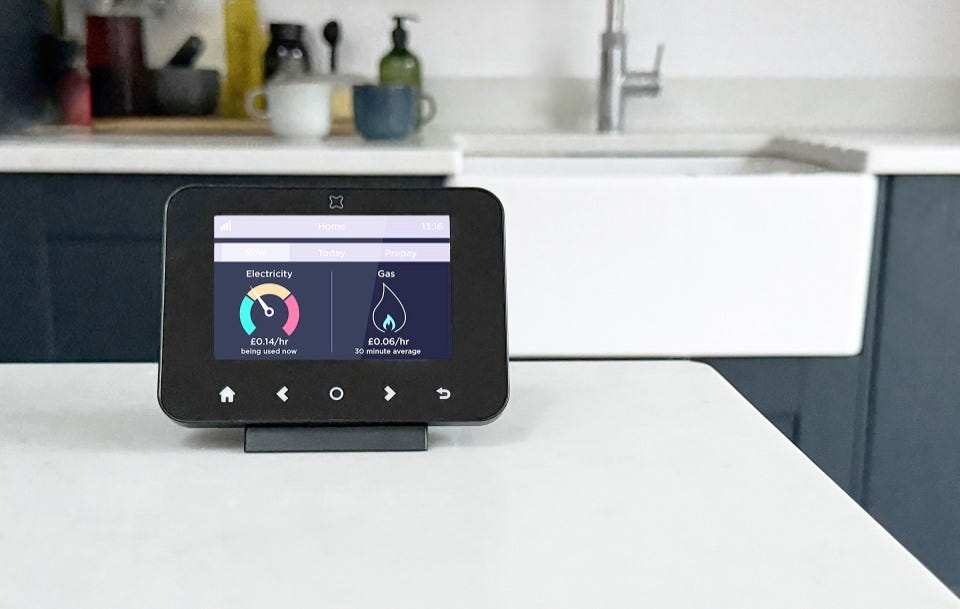
Credit: www.solarpowerportal.co.uk
Future Trends In Energy Monitoring
Energy monitoring technology keeps changing to help people save energy. Smart meters and smart energy monitors are part of this change.
These tools give more details about energy use and help manage power better. Let’s look at what the future holds.
Smart Grid Integration
Smart meters connect directly to the smart grid. This helps energy companies track and manage energy flow in real time. Smart Meters Differ from Smart Energy
Smart energy monitors work with smart meters to show users how they use power. This data helps people adjust their energy use.
- Smart meters send data to energy providers instantly
- Smart energy monitors give detailed feedback to users
- Integration helps balance energy supply and demand
- Supports renewable energy sources like solar and wind
Advancements In Technology
New technology makes smart meters and energy monitors more accurate and easier to use. Sensors are getting better at tracking energy.
Artificial intelligence helps analyze energy data. It suggests ways to save energy automatically without much user effort. Smart Meters Differ from Smart Energy
- Wireless communication improves data transfer speed
- AI analyzes usage patterns for better energy advice
- Smaller and cheaper devices increase accessibility
- Smart monitors now track individual appliances in a home
Credit: www.ovoenergy.com
Frequently Asked Questions
What Is The Main Difference Between Smart Meters And Smart Energy Monitors?
Smart meters record actual energy usage and send data to utilities. Smart energy monitors track real-time consumption for user awareness and control.
How Do Smart Meters Help In Energy Billing?
Smart meters provide accurate, automatic readings. This eliminates estimated bills and allows timely, precise energy cost calculations.
Can Smart Energy Monitors Reduce Electricity Bills?
Yes, they show real-time usage, helping users identify wasteful appliances and adjust habits to save energy and reduce costs.
Are Smart Meters Required By Law In Homes?
In many regions, smart meters are mandatory for efficient energy management and accurate billing, but regulations vary by location.
Conclusion
Smart meters and smart energy monitors serve different roles. Smart meters measure energy use for billing. Smart energy monitors track home energy consumption. Both tools help manage energy use efficiently. Smart meters communicate directly with energy providers. Smart energy monitors give homeowners detailed insights. Smart Meters Differ from Smart Energy
Choosing the right tool depends on your energy goals. Consider your needs and preferences carefully. Understanding these devices can lead to better energy choices. Save money and reduce environmental impact. Make informed decisions for a sustainable future. Energy management starts with the right information.
Choose wisely for maximum benefit. Smart Meters Differ from Smart Energy
21 min read

